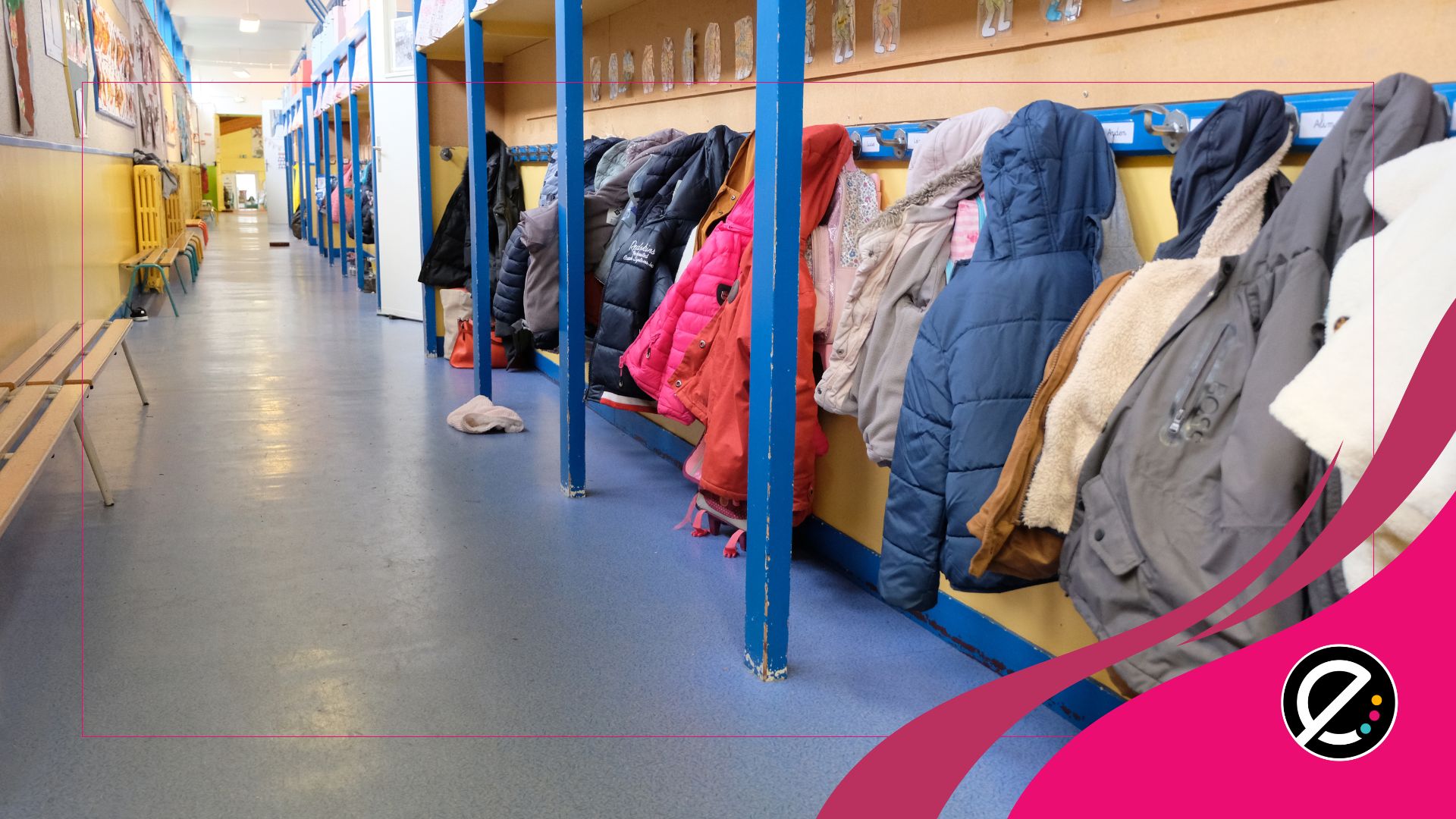Le Réseau d’enseignement francophone à distance (REFAD) a publié à l’automne 2019 une étude intitulée « Gestion des établissements d’enseignement à l’ère de l’implantation du numérique ». Le guide s’adresse à tous les acteurs du milieu de l’éducation concernés par la formation à distance et le numérique au sein de leur établissement.
L’étude du REFAD présente notamment des stratégies de gestion, des pratiques professionnelles et des outils ayant contribué à la mise en place de modèles favorisant la transformation de cours à distance et/ou numérique au sein d’établissements d’enseignement francophones. Le but de ce guide est d’aider les gestionnaires quant à l’implantation de la formation à distance, en format hybride et/ou numérique.
Elle a été réalisée avec la collaboration de Mme France Gravelle, professeure-chercheure en gestion de l’éducation et nouvelle gouvernance au Département d’éducation et pédagogique de l’Université du Québec à Montréal, M. Diarra Diakhate, stagiaire postdoctoral à l’Université du Québec à Montréal et chef de projet digital learning à Inseec U. en France, Mme Nathalie Frigon, doctorante en sciences de l’éducation, conseillère pédagogique à l’intégration des technologies et assistante de recherche à l’Université du Québec à Montréal, et Mme Julie Monette, étudiante à la maîtrise en sciences de l’éducation, assistante à la recherche et auxiliaire d’enseignement à l’Université du Québec à Montréal.
Partage d’expériences
La création de ce guide a regroupé des gestionnaires œuvrant au primaire, au secondaire, à la formation professionnelle, au collégial et au niveau universitaire ayant accepté de contribuer à un transfert de connaissances et à un partage d’expériences professionnelles.
Plus spécifiquement, on y retrouve un bref historique de la formation à distance, une expérience de transformation organisationnelle en lien avec le numérique et plusieurs récits d’expériences professionnelles auto-déclarées par des participants à l’étude ayant piloté la transformation de cours à distance en format hybride et/ou numérique.
L’expérience de transformation organisationnelle est celle de la commission scolaire Marguerite-Bourgeoys avec la Gestion TIC-écoles. Le chapitre présente le contexte d’implantation du numérique, la culture organisationnelle, le plan d’engagement vers la réussite, les stratégies d’implantation massive du numérique en deux phases, le soutien aux projets d’innovation pédagogique, les défis et besoins des directions, la conception d’un cadre de référence, l’expérimentation, le déploiement, les recommandations de même que les facteurs de réussite, les défis et les enjeux.
Conclusions de l’étude
Les démarches retenues par les gestionnaires interviewés dans le cadre de cette étude ont permis aux établissements d’enseignement d’innover et d’adapter l’enseignement à l’ère du numérique. Voici quelques-unes des conclusions :
· Il semble possible pour tout établissement d’enseignement d’offrir à ses élèves/étudiants des expériences pédagogiques plus actives et dynamiques grâce à l’utilisation d’outils technologiques et de médias sociaux;
· Pour réussir ce changement pédagogique, il importe de planifier la transformation de l’offre de formation (plan d’action, investissement financier et en ressource humaine);
· Il importe de former et d’accompagner les enseignants et les professeurs dans le cadre de l’adaptation de leurs cours à la réalité et aux besoins des élèves/étudiants du 21e siècle;
· Varier les dispositifs de formation et d’accompagnement semble être une stratégie positive pour soutenir les enseignants et les professeurs dans le cadre de la transformation de cours en ligne, en format hybride et/ou numérique.
Il s’agit d’un guide intéressant à consulter pour les gestionnaires qui réfléchissent à la façon de transformer et d’adapter l’enseignement au 21e siècle. Pour lire le guide complet, c’est par ici.






